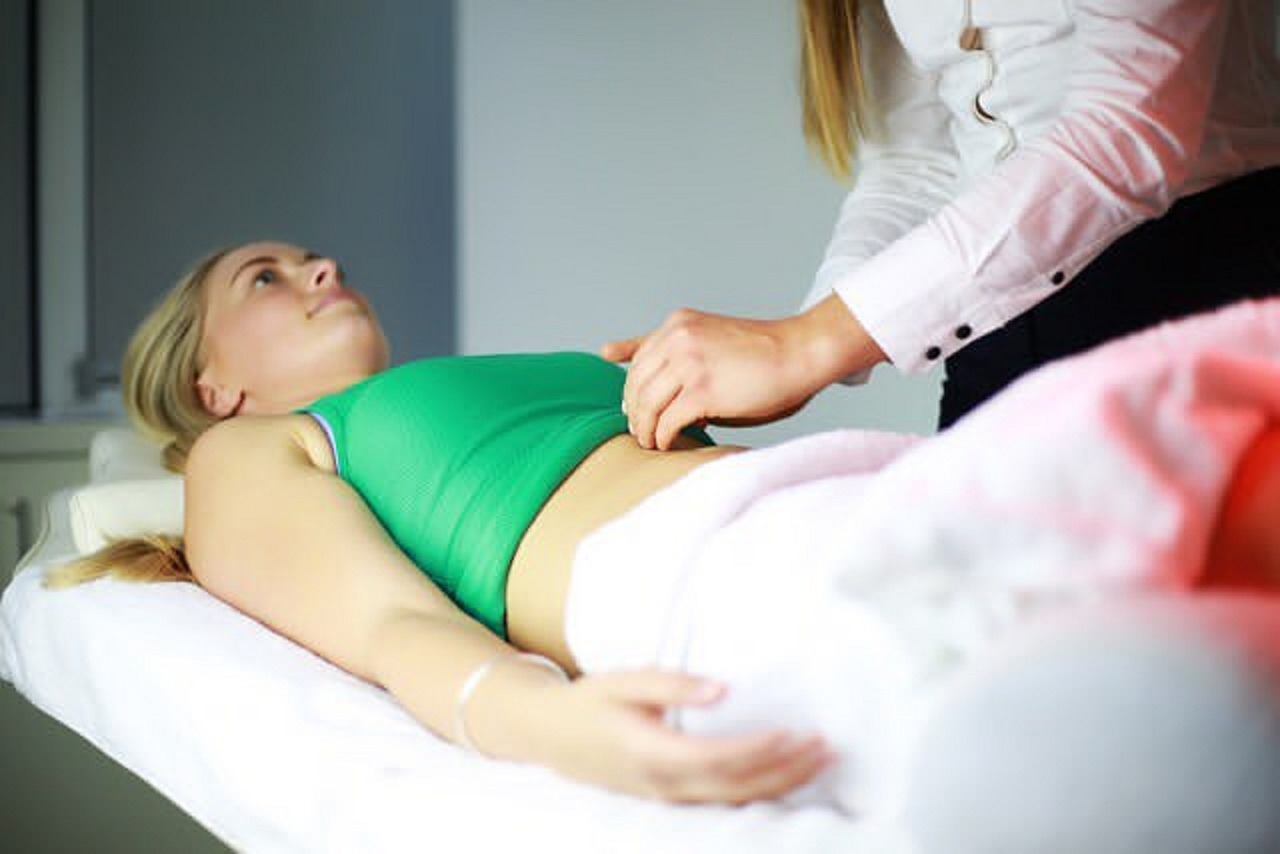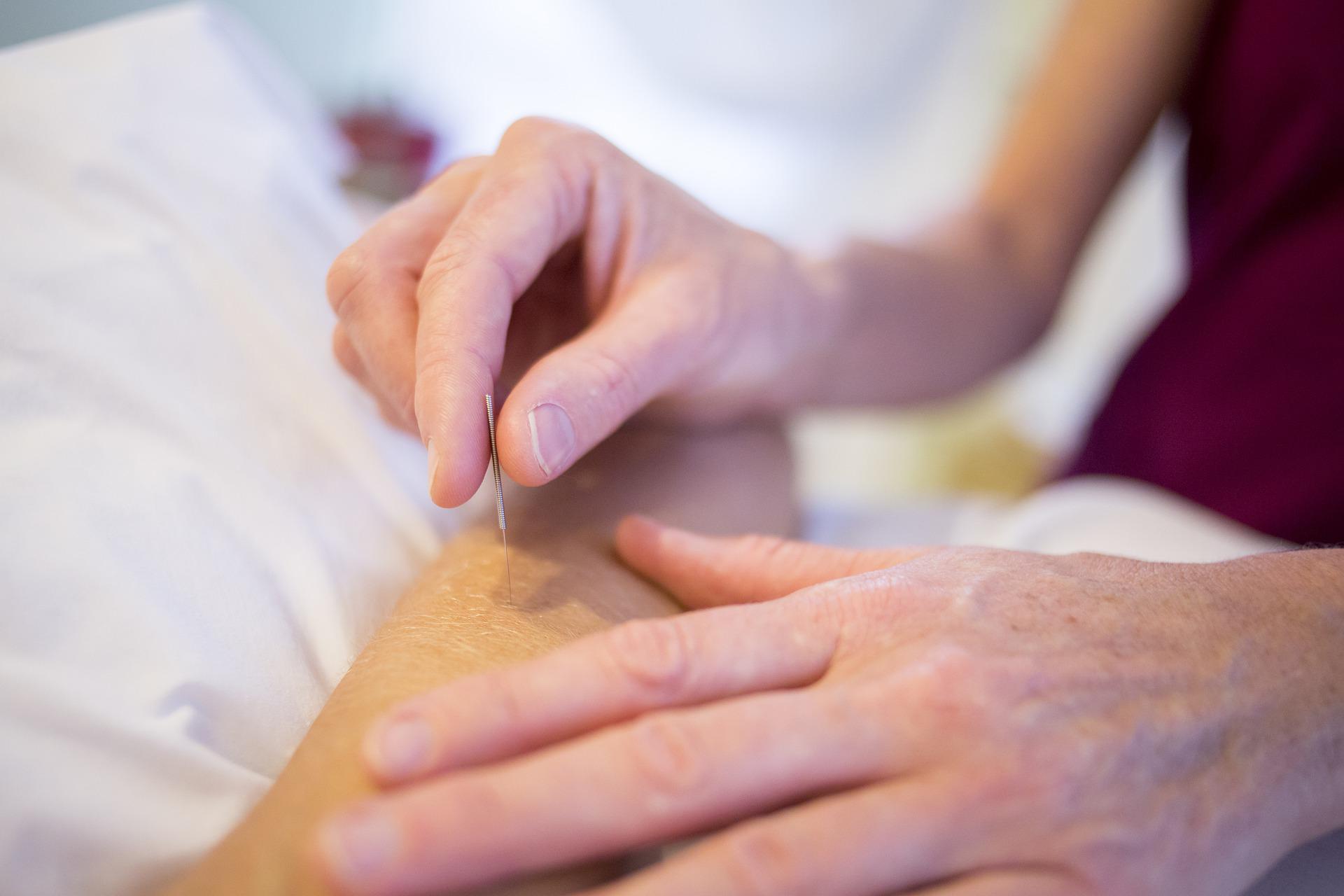As people learn more about the dangers of some pharmaceutical treatments and seek alternative approaches to healthcare, Traditional Chinese Medicine (TCM) and holistic treatments are once again growing in popularity. This shift is driven by a desire for more natural, personalized care – especially for chronic conditions, stress reduction and circulation issues. Acupuncture, a TCM practice that involves inserting thin needles into specific points on the body, has gained popularity worldwide for its widely diverse health benefits.
Although acupuncture dates back thousands of years, the practice has evolved into a widely used alternative treatment recognized for its ability to improve physical, emotional, and mental well-being. In this article we will discuss the key benefits of acupuncture and why so many people are rediscovering this ancient treatment.

Key Benefits of Acupuncture
- Pain Relief: One of the most well-known benefits of acupuncture is its effectiveness in pain management. It has been widely used for conditions such as back pain and migraines and even utilized to successfully manage chronic pain disorders like fibromyalgia. The insertion of needles at specific points on the body stimulates the nervous system, which can release endorphins and other chemicals that help reduce pain. Studies have shown that acupuncture may help alleviate pain by enhancing circulation, relaxing muscles, and triggering the body’s natural healing processes.
- Stress Reduction and Mental Health Support: Acupuncture is also renowned for its ability to promote relaxation and reduce stress. The practice can help activate the body’s parasympathetic nervous system, which counteracts the “fight or flight” response, lowering heart rate and blood pressure. This is especially beneficial for people dealing with chronic stress, anxiety, or depression. Some studies suggest acupuncture may help balance neurotransmitters (like serotonin and dopamine), which play a role in regulating mood and emotions.
- Enhanced Immune Function: Acupuncture has been found to have a positive impact on the immune system. By stimulating certain points, the production of white blood cells is increased, improving the body’s ability to defend against infections and illnesses. This can be especially useful for individuals who frequently experience colds, flu, or other immune system weaknesses. Acupuncture helps balance the body’s energy flow (Qi), potentially making it more resistant to external threats and promoting faster recovery when illness does occur.
- Improved Digestion: Acupuncture is often used to support digestive health and address various digestive issues such as bloating, indigestion, and irritable bowel syndrome (IBS). The practice is thought to stimulate the digestive organs and regulate the circulation of energy through the body, which can enhance the digestive process. It can also help alleviate symptoms of nausea and vomiting, and it may be useful for individuals undergoing chemotherapy or dealing with digestive disturbances due to stress.
- Better Sleep: For those suffering from insomnia or poor sleep quality, acupuncture can be a valuable tool. Research suggests that acupuncture can improve the quality and duration of sleep by helping to regulate melatonin production and calming the nervous system. This can be particularly beneficial for individuals who struggle with stress-related sleep issues or those with chronic conditions that disrupt their rest.
- Improved Circulation: Acupuncture may help to improve blood circulation, which is important for overall health and healing. By stimulating acupuncture points, the body can experience enhanced blood flow to affected areas, promoting faster healing for injuries and reducing swelling or inflammation. For individuals with circulatory issues, such as poor blood flow in the extremities, acupuncture may help restore proper circulation and support tissue repair.
- Hormonal Balance and Women’s Health: Acupuncture is often used to regulate hormonal imbalances and support women’s health. By influencing the endocrine system and balancing hormone levels, acupuncture may help regulate menstrual cycles, reduce symptoms of menopause, and improve the chances of conception in individuals struggling with infertility. Some studies have shown that acupuncture can increase blood flow to the uterus and regulate ovulation, making it a supportive therapy for those undergoing fertility treatments.
- Improved Recovery After Surgery or Injury: Acupuncture is beneficial for individuals recovering from surgery or injury by accelerating the healing process. By improving circulation, reducing inflammation, and stimulating tissue repair, acupuncture can help reduce recovery time and minimize the risk of complications. It also helps alleviate pain and discomfort associated with healing, enabling individuals to return to their normal activities more quickly.
As with any treatment, it’s important to consult with a licensed acupuncture practitioner to determine the best course of action for individual health needs. Longevity Wellness Clinic healthcare professionals are here to help and answer any questions you may have.



